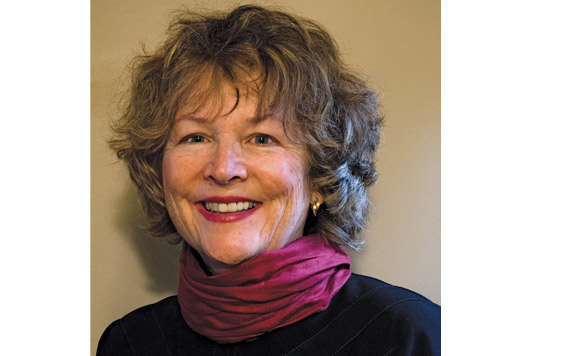by Janice Henshaw –
I made a will – a while back. Hmmm, could be quite a few years back, now that I think of it. I wonder if it’s still valid. Would it be much of a process to update it? Or, as one of my friends asked the other day: “I wonder if I really need to make a will?” For answers to these questions and more, I consulted with some of our helpful legal experts based in Sidney.
Del Elgersma is a founding partner of Beacon Law Centre in Sidney. He tackles the first set of questions.
A will allows you to do several important things:
• Appoint the person who will administer (manage) your estate (called an executor);
• Appoint a guardian for your children who are not yet adults;
• Name the beneficiaries of your estate; and
• Specify how your beneficiaries will receive your estate (outright or through a trust).
A will is probably the most important part of an estate plan, but it is not the only part. Some assets do not pass through a will. For example, if you own an asset with another person as joint tenants and you die first, the asset passes to the other owner by right of survivorship, no matter what your will says about it. Also, assets that have a designated beneficiary (RRSPs, RRIFs TFSAs, pension benefits and life insurance proceeds) pass directly to the designated beneficiary, regardless of what your will says.
Who can make a will?
To make a will you need to be 16 or older, and the document needs to be signed and witnessed in a specific way. Spouses and children can apply to court to vary a will if they have not been adequately provided for. As a result, if you have a blended family your estate planning needs extra care to avoid this type of litigation.
Who should make a will?
Parents, and anyone with assets.
Why make a will?
Because it is much easier for your family to deal with your estate if you have a will, it is less costly, and may save taxes. Also, it allows you to decide how to distribute your estate, rather than the government deciding for you.
How do I go about making a will? Can I use a drugstore “will kit”?
We don’t know what we don’t know, so it is generally best to get professional help from a lawyer that specializes in estate planning. They will not only help with your will but also help identify opportunities to save on taxes and probate fees, and ensure that you have also considered a power of attorney and representation agreement. Often the initial consultation is free. Some people use a drugstore “will kit” or an online service, but there is a higher risk of costly mistakes, and you don’t get the value-added advice that a specialist provides.
Dale Henley, founding partner, and lawyer Christopher A. Straub of Henley & Walden LLP answered the final set of questions.
What happens to my child/dependents if I die?
If a parent dies without a will that appoints a guardian, someone, whether it is an extended family member or close friend, will have to apply to the Supreme Court of British Columbia to be appointed a guardian of the minor child. This can be a costly and time-consuming process.
What happens if I divorce or separate after making a will?
If you divorce or separate after making a will, and although the terms of your separation agreement or divorce order will probably include a waiver of claims against your estate, the legislation provides any bequest you have made to a former spouse becomes void, to the same extent as if the former spouse has died. For example, if your will provides that you leave everything to your spouse and, if she or he is not alive, to your children, if you have separated from your spouse at the time you die the law will presume that your spouse is also not alive and your estate would pass to your children.
I made a will a few years ago. Is it much of a process to update it?
A good rule of thumb is to revisit your will every five years or so. However, you should also revisit your will after any major life changes, such as getting married or divorced, having a child or grandchild, the death of one of your executors or beneficiaries, or any major changes to your financial situation, among others. Revisiting your will is also an important part of your financial planning, as there are multiple ways to structure your assets and how they can be dealt with once you are gone.
So there we have it: the ins and outs of making a will. To start 2017 off right, I am going to add updating my will to my to do list – it could be the perfect time to add a legacy gift to a terrific organization that needs a helping hand.




